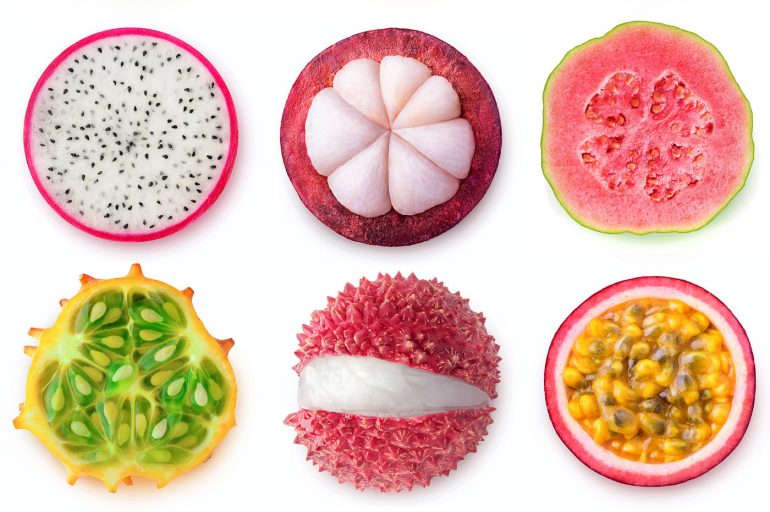
A Unique Take on Tropical Snack
Written June 26, 2022 by Jorryn Yapadi, Brain and Cognition Student - University of British Columbia, Canada.
With the help of our Indonesian farmers, we have cultivated non-GMO Indonesian-native tropical fruits like rambutan and snakeskin fruit, and turned them into a unique snack import that is not only innovative but also the healthiest you can possibly get with any fruit-based snack.
What is the snack?
Vacuum-dried fruit chips. I’ve tried them myself and I can honestly say that although it does not hold the experience of eating the real fruit, the crispness of the chip and the fact that the fruit’s flavour is retained to a large degree is impressive to me. Although I’m not a fan of dry snacks by any means, the Greencious fruit chips provide a new taste because I’ve never had or seen fruit chips made from the tropical Indonesian fruits I grew up eating.
What is the process?
After the fruits are harvested and washed, they are frozen for 24 hours, before being vacuum-dried at a temperature of 70°C. Frozen produce have outperformed freshly-stored fruits more frequently than vice versa, according to a two-year study by the Journal of Food Composition and Analysis. To explain this briefly, freezing the fruits shortly after harvest locks in their vitamins, while allowing them to very slowly ripen further to have that extra sweetness and nutrients. Vacuum drying is the ideal slow process for fruit chips, because when the moisture is removed at a low temperature, there is minimal risk of oxidation reactions, which is what causes a chip to taste and smell unpleasant.
Why it’s innovative?
Education is important, and that the best time to learn is any time. While it gives people a taste of what these fruits taste like as a dry snack, especially for those who have never had them, there is also an Augmented Reality feature that I find really cool.
If you scan over the label with your phone, a little animation will pop up with a short blurb for each fruit that Greencious has chips for, which would be great for learning and appeal for kids and adults alike.
Why is it the healthiest?
Firstly, these chips do not contain sulphites. These are usually used as preservatives in foods, and although its use is banned on fresh fruits and vegetables in the United States, they are used in almost any other product. We’re talking about the same kind of compound that the ancient Greeks and Romans used to fumigate houses and sanitize winehouses from bacteria and pests. Furthermore, exposure to these compounds have been linked to “anaphylactic reactions…dermatitis, urticaria, flushing, hypotension, abdominal pain and diarrhoea…” [2], which I don’t think anyone would like to have on purpose.
Another reason why these chips are the healthiest is that they use coconut oil instead of vegetable oil or other oils which are commonly used in other chip products. In another blog I wrote titled “Does Cholesterol Really Cause Heart Disease?”, I explained the damage that these oils can do to your body: cancer, brain damage, and infertility are just a few on the list. Make sure to read that page to find out how these oils are also linked to cholesterol and heart disease.
I am very excited for the upcoming product launch for Greencious. Free of dairy, soy, egg, tree nuts, peanuts, added sugars, lactose, canola/vegetable oils, sulphites, artificial colours, and artificial flavours, what more can you ask for as you savour the taste of Rambutan?
References
Li, Linshan & Pegg, Ronald & Eitenmiller, Ronald & Chun, Ji-Yeon & Kerrihard, Adrian. (2017). Selected nutrient analyses of fresh, fresh-stored, and frozen fruits and vegetables. Journal of Food Composition and Analysis. 59. 10.1016/j.jfca.2017.02.002.
Vally, H., & Misso, N. L. A. (2012). Adverse reactions to the sulphite additives. Gastroenterology and hepatology from bed to bench. Retrieved June 26, 2022, from https://www.ncbi.nlm.nih.gov/pmc/articles/PMC4017440/
Yapadi, J. (2022, May 6). Does cholesterol really cause heart disease? Tucan Canada. Retrieved June 26, 2022, from https://tucaninternational.com/blogs/news/does-cholesterol-really-cause-heart-disease
